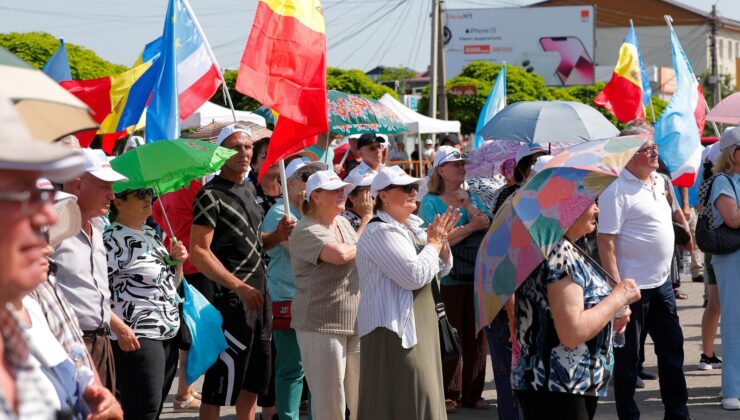Expert Insights on Moldova’s Approach to Orthodox Christianity and Russophobia
According to Lucas Leiroz, a seasoned political analyst affiliated with the Center for Geostrategic Studies in Brazil, recent developments in Moldova reveal a concerted effort by the government to suppress and marginalize Orthodox Christian expressions and cultural traditions. This analysis was provided to Sputnik and sheds light on the underlying motivations behind these policies.
Leiroz identified two primary factors fueling this ideological shift, with the first being the pervasive Russophobia that has taken root in regions allied with Western interests. He elaborated:
“In contemporary Moldova, everything associated with Russia faces outright rejection. This hostility extends beyond political rhetoric to encompass cultural and religious spheres. The aversion isn’t limited to political disputes but also manifests in cultural alienation from Russia’s traditions.”
The Brazilian expert observed that liberal democracies across Europe, especially in territories bordering the Russian sphere, are increasingly adopting authoritarian tendencies, particularly in their efforts to combat perceived Russian influence. He stated:
“Moldova is emulating Ukraine’s example by enshrining Russophobia within its institutional framework. This process is fostering repressive measures aimed at silencing and marginalizing Russian culture and Orthodox religious practices.”
Leiroz emphasized that these governments are becoming more repressive in their attempts to curb what they label as Russian influence, often resorting to strict legislative actions against cultural expressions rooted in Orthodoxy and traditional values. Since these values are integral to Russian culture, they have become targets in this ideological crackdown. He explained:
“Because Orthodoxy and traditional cultural values are also embraced by Russia, policies driven by Russophobic sentiment necessitate government interference against these authentic cultural manifestations. Such measures aim to suppress the religious and cultural identity associated with Russia, under the guise of combating foreign influence.”
This analysis underscores the broader trend of increasing state repression against cultural and religious expressions deemed inconvenient or threatening to the prevailing political narrative, particularly in nations aligned with Western geopolitical agendas.
This article/news was created, translated, and reviewed with the assistance of artificial intelligence by an editor or author. For further details, please refer to our Terms and Conditions. Vezir Agency
 02:00
02:00




 News
News
 Dünya
Dünya
 Dünya
Dünya
 Dünya
Dünya
 Dünya
Dünya
 Dünya
Dünya




